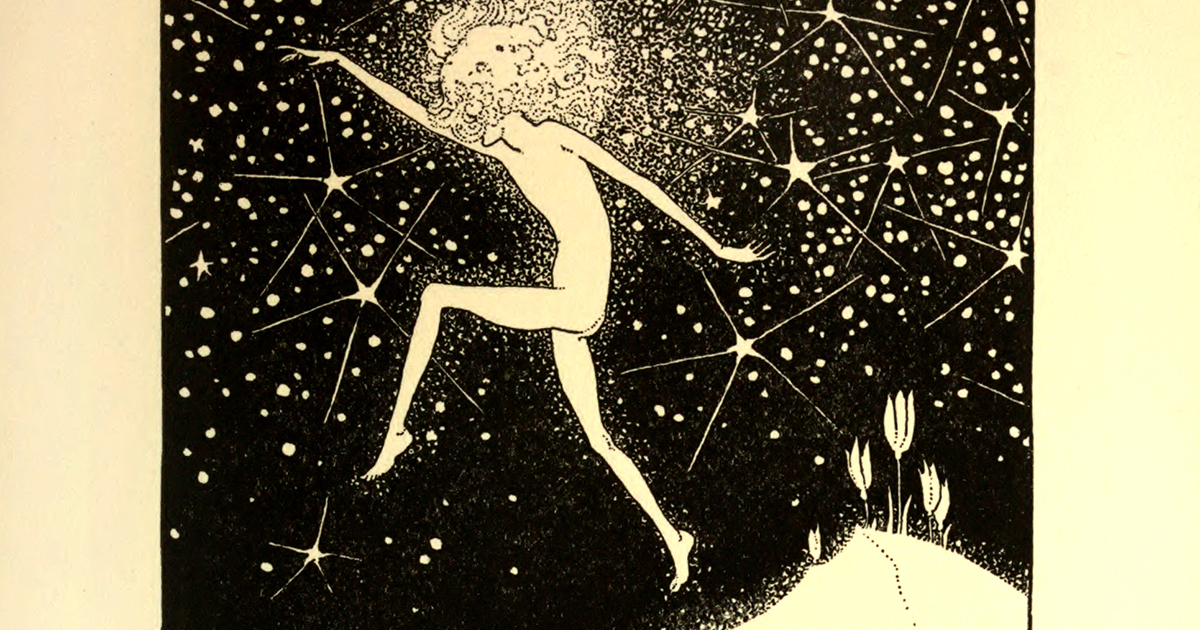How to Grow Re-enchanted with the World: A Salve for the Sense of Existential Meaninglessness and Burnout
There are seasons of being when a cloak of meaninglessness seems to slip over you, over everything, muffling the song of life. It is not depression exactly, though the two conditions make eager bedfellows. Rather, it is a great hollowing that empties you of that vital force necessary for moving through the world wonder-smitten by reality, that glint of gladness at the mundane miracle of existence. A disenchantment we may call by many names — burnout, apathy, alienation — but one that visits upon every life in one form or another, at one time or another, pulsating with the unmet longing for something elemental and ancient, with the yearning to see the world as beautiful again and feel its magic, to find sanctuary in it, to contact that “submerged sunrise of wonder.”
Katherine May explores what it takes to shed the cloak of meaninglessness and recover the sparkle of vitality in Enchantment: Awakening Wonder in an Anxious Age (public library) — a shimmering chronicle of her own quest for “a better way to walk through this life,” a way that grants us “the ability to sense magic in the everyday, to channel it through our minds and bodies, to be sustained by it.”
May — who has written enchantingly about wintering, resilience, and the wisdom of sadness — reaches for the other side of that coma of the soul:
Continued here